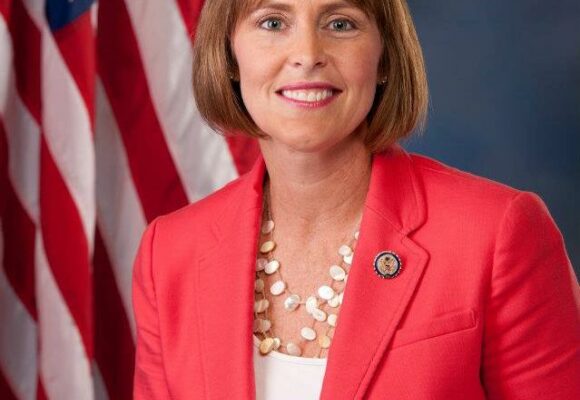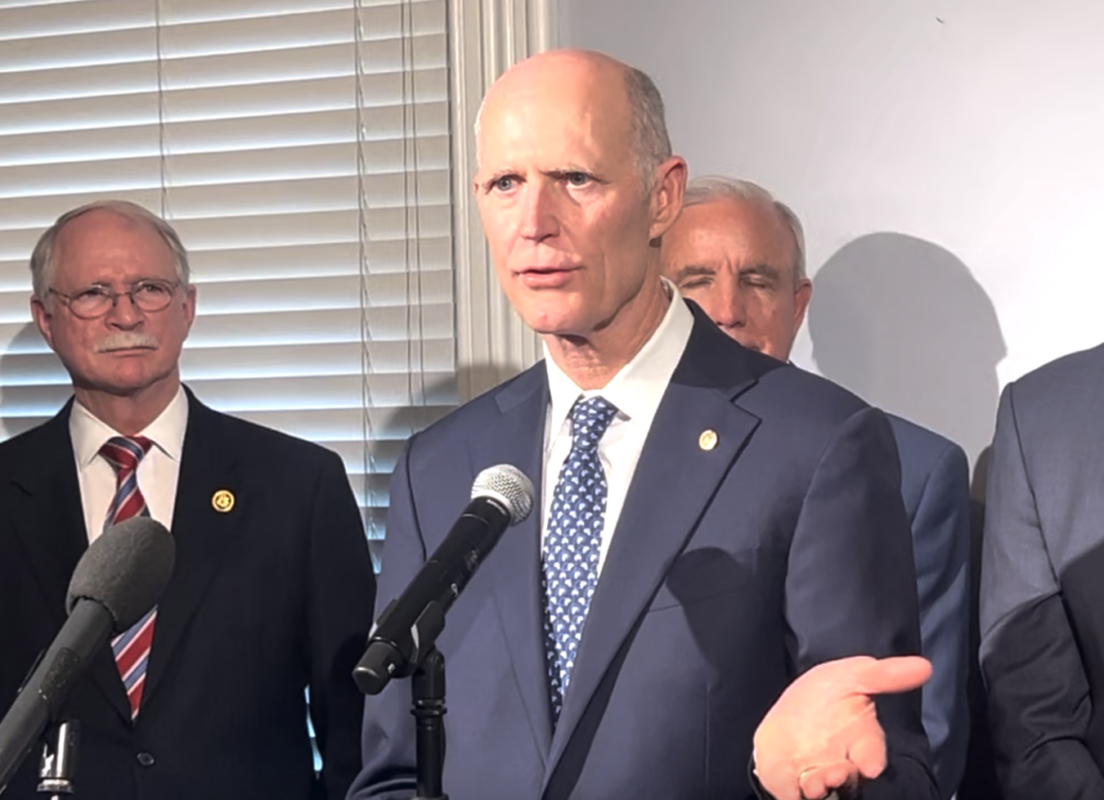Representative Kathy Castor (D-FL) announced that she and her team secured over $1 billion in federal grants for the Tampa Bay area in 2023. This includes over $10 million in “aid, benefits and refunds to veterans, seniors, small businesses, and families.”
The $1 billion was acquired through a total of 207 federal grants.
“The Tampa and St. Petersburg constituent services team works tirelessly to cut through red tape on behalf of families, veterans and businesses,” said Rep. Castor. “In a year with an unprecedented number of passport cases and the implementation of the historic Honoring Our PACT Act, my office has delivered favorable results to our neighbors and veterans across the Tampa Bay area.”
She continued, “I couldn’t be prouder of my dedicated casework team that went above and beyond working weekends to save many Tampa Bay families thousands of dollars as they faced disruptions in their overseas travel due to this year’s unprecedented surge of passport issues. Their expertise and compassion are critical to ensuring that veterans receive the benefits they have earned, and that Social Security and Medicare benefits are delivered on time.”
In Rep. Castor’s statement, she provided a list of issues and concerns that were addressed by her office throughout 2023. That list included investments that “right the wrongs of the past” with more “inclusive highway connections,” as well as other concerns.
“I love my hometown and am committed to lifting every neighbor by revitalizing neighborhoods through meaningful environmental justice, supporting our youth, combatting extreme heat, and improving health outcomes for Black mothers and babies,” said Castor. “There is so much to look forward to in the new year, as I champion investments that improve our lives through the Infrastructure Investments and Jobs Act and the Inflation Reduction Act to the Tampa Bay area and into your pockets.”
Recently, Castor called Governor Ron DeSantis (R-FL) the “Grinch” after he turned down a $320 million federal infrastructure grant.
The rationale for the decision was based on the notion that the grant was “politicized” to address climate change, according to Business Insider. The grant would’ve been facilitated through the Bipartisan Infrastructure Law’s (BIL) Carbon Reduction Program (CRP).











